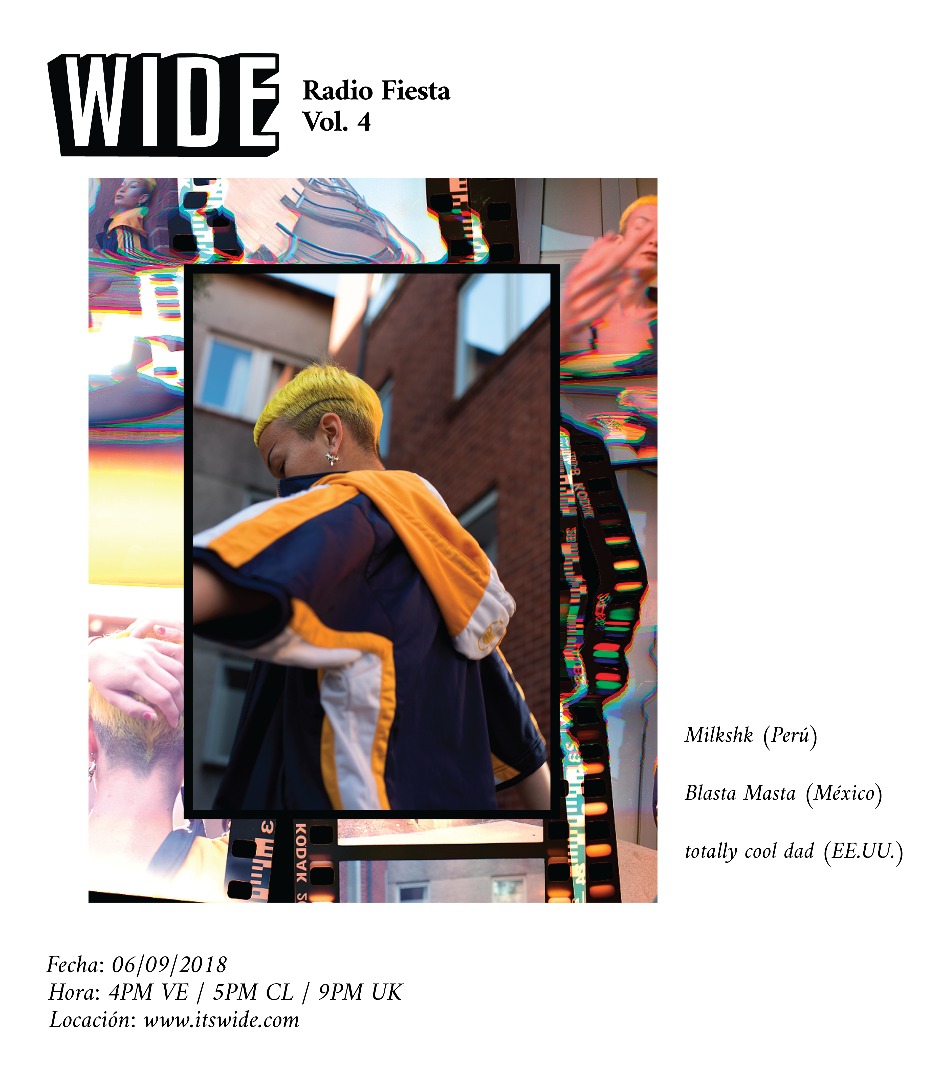Yves Tumor
“Gender” is the buzzword of the 2000s. Alluding to femininities and masculinities as they’re socially (or individually) produced it is also a cognate to genre, which signifies the categories and conventions for different works in an artistic medium (be it poetry, film noir or techno). It is curious how the central concept among these two words came to assume different grammatical shapes and meanings. The thing about categories is that, as much as they’re tools to orient ourselves and distinguish one thing from the other – allowing us to veritably read reality – there are always overlaps, geographical accidents, artworks and people bound to defy them. And in this niche of the ‘wait, what?’, Yves Tumor seems to have made a comfy little room for himself.
Looking, at a hard guess, around his thirties, Yves, whose birth name might be Sean Lee (or, maybe, Rahel Ali) comes to our attention displaying distance and ambiguity. A natural from Knoxville, Tennessee, he’s had his first get-to-know-you-s with the media from various places around the world never hinting a home address – L. A., Berlin or Turin – and is quick to admit that he’s not trying to be Burial. Still, this very private demeanor and his excursions to unusual boundaries of the musical realm inspire sympathy: after all, these are times where artists should feel some ambivalence at the thought of being in the public’s gaze and when innovation seems as abundant as… well, redundant.

photo: Vitali Gelwich
By looking at his trajectory, we can get a better idea of his character. He’s dabbled in different projects (TEAMS, Shanty, Bekelé Berhanu). He collaborated with good a part of the production of Mykki Blanco’s COR-E in 2015, hinting his LGBTi solidarities. In 2016 he participated in Hood By Air’s runway show, bumping into models with his feet sunk in heaps of dust.
Having a very masculine bearing and features, he dresses for himself, in a drag far from domesticated. However, he acknowledges, his personal image has little to do with his musical persona, which is rather aloof, abstract and gentle – not flashy at all.
This asymmetry and multi-directionality sets him as an artist fitting of his time and foreshadows what themes we can intuit in his works: an intimate exploration of his spirituality – Or shall we say subjectivity? It’s not just trendy to bring out discussions about gender. Can rappers sing with voices too sweet? As Chilean transvestite poet and activist Pedro Lemebel would put it. Much water has come and gone under the bridge since the days when Sylvester danced and dressed flamboyantly in the diverse disco scene of the eighties, since the half-kidding felt moustaches of CocoRosie, or when Kathleen Hannah and her clique put feminism on the spotlight with their sweepstakes.
The questions Yves Tumor makes are uttered in a masculine voice, yet his dress can be all but classic. Has this anything to do with the production of his artistic subject? Sean Lee’s first productions aimed at noise music. In Serpent Music, his last album, we can see him use a great deal of moods, with little dablling into the abrasive. The tracks convey very different places and situations, still, but their sequence never quite feels bumpy. There’s some saudade, thoughts about dying, creating and pleasure. There’s even some nifty acousmatic playfulness, with field recordings of birds and a couple’s tongue-in-cheek conversation. All of these things become a part of Yves. Is this serpent an Ouroboros? ¿Or just a charming little skin-changing animal? Throughout his work, we constantly find these images of impermanence and a revelling in the polysemy of language and sound.
The final product is a perfect statement about the ways of art. What does an artist want? An artist wants to seduce you, catch your attention, inflict these feelings and sensations upon you. An artist wants to show his/herself, but to show is a very intimate act or – at least – something that requires work.
A careful managing of impressions. Be it a very particular sample or a recording of instruments and voice – a nostalgic soul song almost reaching for ‘elevator music’, like The Feeling When You Walk Away – Yves Tumor prefers to spend his time working to show you these things he feels. To share the feelings that overcome him. Like a kid, he fools around to get closer to you (not just looking for a reward), and for that work we can feel thankful. That is, if that’s your thing.




